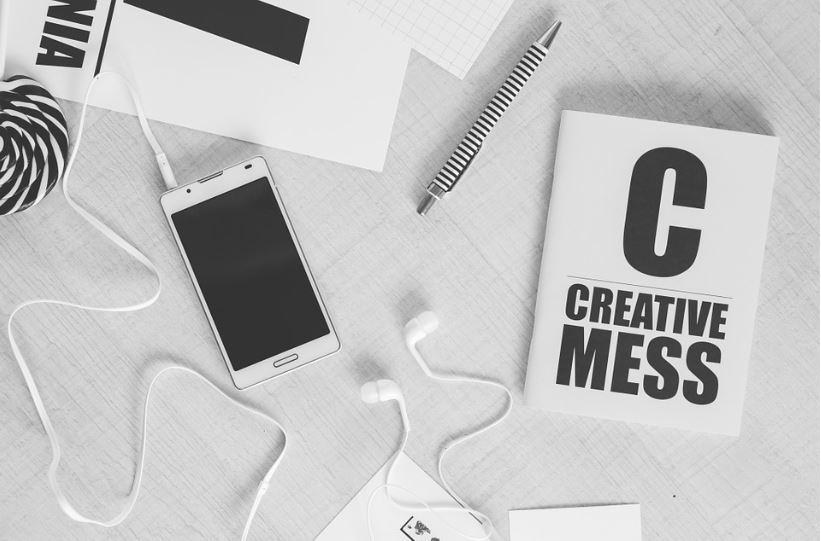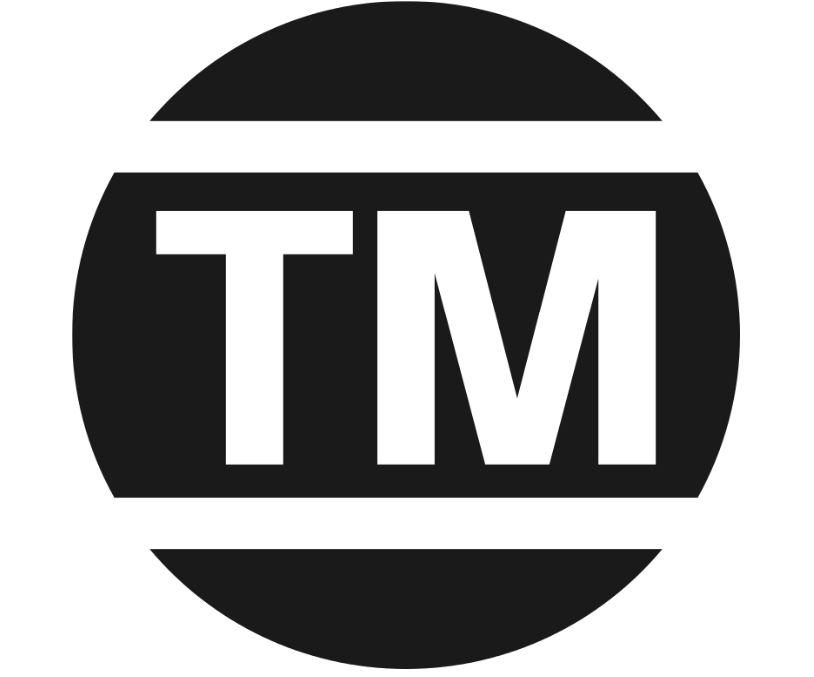Real Life Problems Businesses Have with Naming Products
2016.08.04
When a business needs a brand and product names, there are lots of hurdles to get over. Many people don't realize the different factors they need to take into account when they think of a name. There can be a number of things that make a particular name a bad idea, and brands often fall for them.
Many businesses have had to reconsider the names they chose or go to court to defend their choice. It can cause a lot of problems which perhaps could have been prevented. Some of the issues are legal, whereas others are more practical. For example, some brands run into trouble when they begin exporting their product. See how businesses have come up against naming problems in the past and present in this article.

Credit: Foundry
Other companies have been careful to get around regulations that affect their product. For example, a name like Vegenaise uses the second half of "mayonnaise". It isn't used as an abbreviation in general speech so is deemed acceptable. Other vegetarian and vegan alternatives have to consider how to label their products too. There are additional issues to do with ingredients and wording that can be important as well. For example, the FDA has said that "evaporated cane juice" needs to be called sugar and not be referred to as juice.
One big name with an issue is the Nokia Lumia smartphone brand. The word "Lumia" in Spanish is slang for a sex worker. This oversight could have been prevented with a little research. Apple made a similar smartphone mistake. Their personal assistant Siri has a name that refers to male genitals in Georgian. However, these blunders can highlight how hard it is to avoid these naming errors. There are thousands of languages around the world. So avoiding any rudeness in all of them is next to impossible.

Credit: Moogsi
Startups such as the bank Mondo, which will be changing its name, have had to work out issues with trademarks. Some large companies will go after any brand using a similar name. It doesn't matter how insignificant they may seem. The sportswear company Under Armour has filed lawsuits against several small businesses. They object to those using the word "armour/armor" in their name. However, there are also often issues with small businesses suing for trademark infringement. Large companies sometimes go up against each other too.
For example, Citibank and AT&T are now in a legal battle, after a lawsuit brought by Citibank. They have trademarked "THANKYOU", and are now suing AT&T. The latter company has a new loyalty program called "AT&T Thanks." Citibank argues that the use of the name creates confusion between the two brands, which have had a long business relationship.

Credit: Kevin Phillips
Many businesses have changed their names because they no longer fit in with the times. Some of them have little choice but to do so, such as Isis Chocolates. Others choose to make a brand change to try and appear more up to date. For example, United Stationers changed their name to Essendant. They recognized that technology is continually on the rise, and that "stationers" place too much of a focus on stationery. However, it's important for brands to be careful when choosing a new name too. Many seem to pick something that doesn't seem to mean anything. It can even look more out of touch than the old name.
Naming a brand or product can be tough, and businesses often run into various problems. However, with some careful thought, anyone can find the right name.
Many businesses have had to reconsider the names they chose or go to court to defend their choice. It can cause a lot of problems which perhaps could have been prevented. Some of the issues are legal, whereas others are more practical. For example, some brands run into trouble when they begin exporting their product. See how businesses have come up against naming problems in the past and present in this article.
Laws and Regulations
One of the issues many businesses need to consider is that of representation. This is a particular problem for any products that might be regulated by the FDA. Brands can run into trouble if the names they use could misrepresent the product in any way. For example, see this article about Hampton Creek. You can read about their battle to keep their Just Mayo name. The issue they faced revolved around the fact that their product isn't technically mayonnaise. The FDA says mayonnaise must contain egg, which Just Mayo does not. However, they were able to reach a compromise successfully. New labels make it clear that the "just" stands for "justice" and that the product is a dressing and spread.Credit: Foundry
Other companies have been careful to get around regulations that affect their product. For example, a name like Vegenaise uses the second half of "mayonnaise". It isn't used as an abbreviation in general speech so is deemed acceptable. Other vegetarian and vegan alternatives have to consider how to label their products too. There are additional issues to do with ingredients and wording that can be important as well. For example, the FDA has said that "evaporated cane juice" needs to be called sugar and not be referred to as juice.
Language Barriers
Another issue that can cause problems for naming products is that of language. It's a problem that may not matter a lot when a product is sold in a monolingual country. However, if a country has more than one language or the product is exported, it's an important factor. There are many products with names that have unfortunate meanings in other languages. This means that when exporting a product, the name sometimes has to change. While this might not seem a big deal, it can cause issues with brand consistency.One big name with an issue is the Nokia Lumia smartphone brand. The word "Lumia" in Spanish is slang for a sex worker. This oversight could have been prevented with a little research. Apple made a similar smartphone mistake. Their personal assistant Siri has a name that refers to male genitals in Georgian. However, these blunders can highlight how hard it is to avoid these naming errors. There are thousands of languages around the world. So avoiding any rudeness in all of them is next to impossible.
Credit: Moogsi
Trademarks
Many companies come up against trademark and copyright issues, particularly from much larger businesses. Everyone has heard a story of a small business being targeted by a corporate giant for using a similar name. One of the important things that businesses need to keep in mind is the context of their product or service. If someone trademarks a phrase or name, it doesn't necessarily mean no one can use it. But if it creates confusion between two brands, it could prevent certain companies from using it.Startups such as the bank Mondo, which will be changing its name, have had to work out issues with trademarks. Some large companies will go after any brand using a similar name. It doesn't matter how insignificant they may seem. The sportswear company Under Armour has filed lawsuits against several small businesses. They object to those using the word "armour/armor" in their name. However, there are also often issues with small businesses suing for trademark infringement. Large companies sometimes go up against each other too.
For example, Citibank and AT&T are now in a legal battle, after a lawsuit brought by Citibank. They have trademarked "THANKYOU", and are now suing AT&T. The latter company has a new loyalty program called "AT&T Thanks." Citibank argues that the use of the name creates confusion between the two brands, which have had a long business relationship.
Credit: Kevin Phillips
Keeping Up with the Times
No one can predict the future, but it's one of the things that can affect the naming of a brand. It isn't possible to anticipate some events that turn a brand name sour. For example, no one could have known how contentious calling something "Isis" would become. Not too long ago, it was just the name of an Egyptian goddess. However, there are many things that it is possible to think about concerning the future. One concern could simply be that of a name becoming old-fashioned. When that happens, a brand has to face the tough decision of a name change, which could affect their profits. It's difficult to know whether a name is still going to feel relevant in ten or twenty years. It is, however, a little easier to guess if it will still work in five years' time.Many businesses have changed their names because they no longer fit in with the times. Some of them have little choice but to do so, such as Isis Chocolates. Others choose to make a brand change to try and appear more up to date. For example, United Stationers changed their name to Essendant. They recognized that technology is continually on the rise, and that "stationers" place too much of a focus on stationery. However, it's important for brands to be careful when choosing a new name too. Many seem to pick something that doesn't seem to mean anything. It can even look more out of touch than the old name.
Naming a brand or product can be tough, and businesses often run into various problems. However, with some careful thought, anyone can find the right name.
More Articles
Copyright © Fooyoh.com All rights reserved.